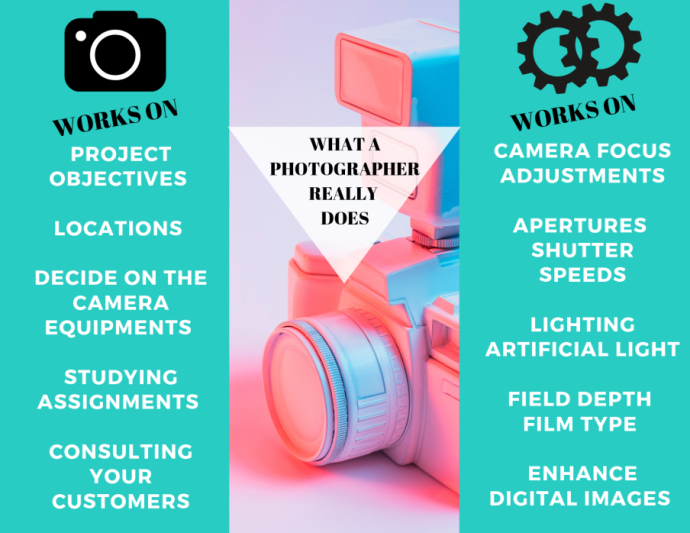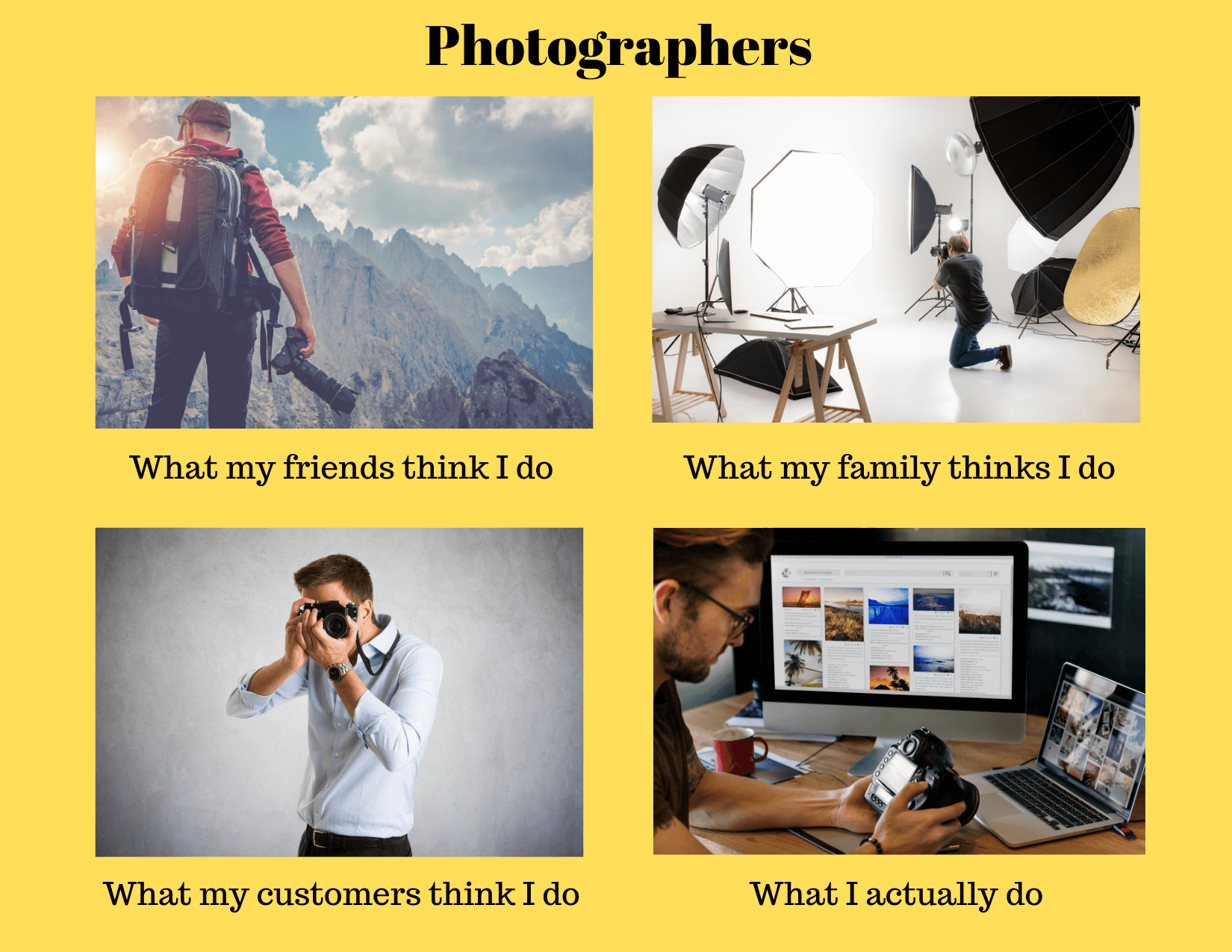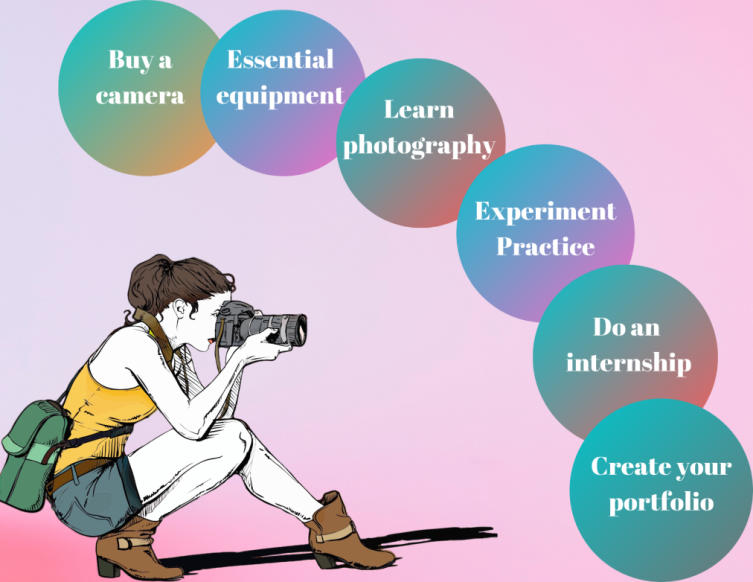Everyone's a photographer these days – what's in it for you as a career?

Since the introduction of digital cameras in 1975, we’ve seen significant growth in the field of photography. Over the years, it has grown exponentially with the advent of Android devices and iPhones, both of which give easy access to a good camera with different modes like portrait, landscape and even panorama. Today everyone’s a photographer but others have bigger dreams.
Much to the indulgence of clicking a selfie or letting your iPhone adjust the light for you, photography is still a skill very much in demand. Added features that allow for high resolution, still images and slow-motion videos have taken centre-stage, prompting some businesses such as restaurants for example to use a professional photographer to make their dishes look authentic.
Is photography the right option for you?

As a professional photographer, embracing lifelong learning with specific focus on attention to detail, cooperation, and adaptability will make you an expert in your field. You can create your own niche but here are some different directions that a photography career can follow.
1. Photojournalists supply pictures for news events, political, and community activities for newspapers, magazines, journals and network television. This is a lucrative job and its power rests in the ability to convey the core of an event, including long and unpredictable working hours. Ravi Choudhary is a photojournalist of significant renown.
2. Feature photographers focus on images that depict a story in itself, for the news or even a magazine article. The nature of this work is to describe an entire story through a photo. Wildlife, sports, travel, and environment photographs may also come under this category. Checkout the works of Rathika Ramasamy, a prolific wildlife photographer.
3. Industrial photographers click photos of interiors, exteriors, merchandise, factory machinery and the like for company brochures, annual reports, advertisements and other collateral material. Nitin Rai, a well-known industrial photographer has worked towards bringing out the grandness in his “subjects.”

4. Portrait and wedding photographers document newlyweds, families, children, pets, wedding festivities and leisure activities to create lasting memories. Dayanita Singh is known for her documentary and portrait photography.
5. Advertising photographers focus on driving sales through visual impact for company activities, charity events or educational establishments. Arjun Mark has worked on several campaigns featuring celebrities.
6. Fashion photographers need deep technical skills, a sense of perseverance and a deep well of patience. Photo shoots of models, actors and musicians can be taken by freelancers or commissioned by advertising agencies. To cope with the demands on this speciality, you would need a studio and a crew as well as penchant for collaboration and negotiation – your subjects may require serious coaching to bring out desired results. Dabboo Ratnani is a fashion photographer known for his Kingfisher calendar shoots.
7. Scientific photographers focus less on art, and more on science! This job requires knowledge of engineering, medicine, biology, or chemistry. The work of scientific photographer Felice Frankel translates science into phenomenal images. A scientific photographer’s images often represent the visual depiction of data. Be aware though - manipulating an image for aesthetic purposes might be illegal and should be carefully considered.
8. Stock photographers are their own bosses, clicking images and selling them to stock photography agencies or companies such as Image Bazaar and Shutterstock. Their photos are used by individuals, agencies, and bloggers for use on websites, book covers or advertising materials. Stock photographers like Ollyy (Andrea Piacquadio) and TierneyMJ (Michiko Tierney) have made their mark in this industry.

As technology, the industry and society keep evolving, so also will you have to evolve. Update yourself with the latest techniques and trends through a range of learning options such as lectures or workshops, online courses, travel and research.